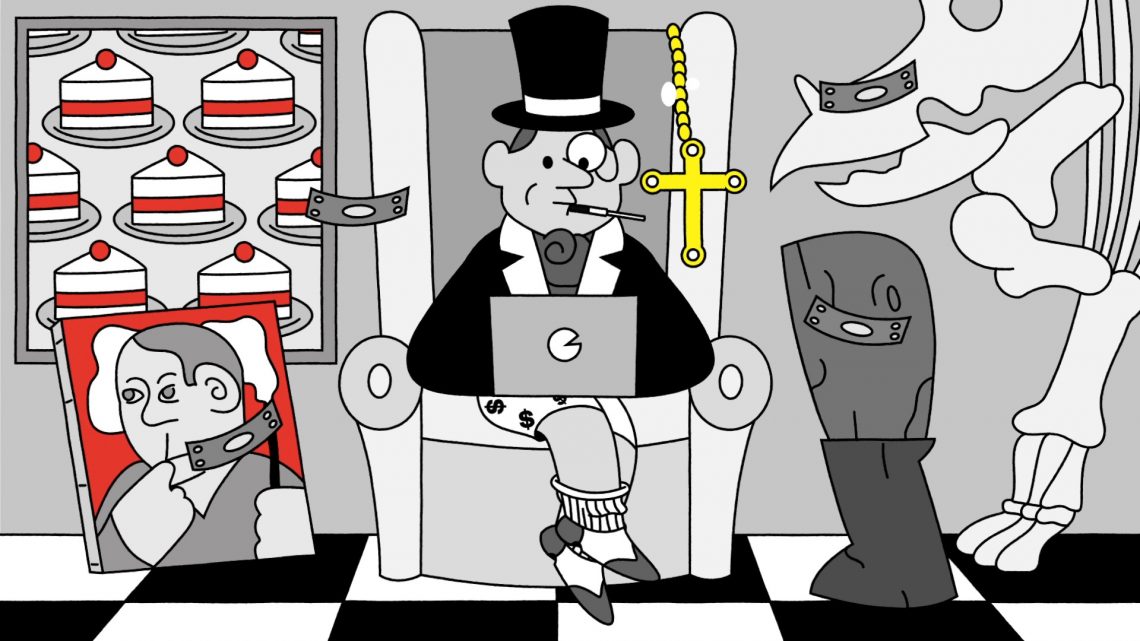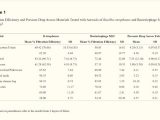
The Art World Is Full of Lies, Smuggling, and Financial Hijinks
August 30, 2020Want the best of VICE News straight to your inbox? Sign up here.
From the outside, the art world might look like an easy way to cash in. But behind the billion-dollar profits lurks a sketchy industry of secretive money, shady collectors, and looted artifacts with a reputation that falls short of picture perfect.
Art is a big business. It generated more than $64 billion worldwide in 2019 — more than global box offices and the recorded music industry. The coronavirus pandemic may have scuttled most of this year’s in-person art fairs and gallery shows, but online art sales continue to grow in their absence.
But before you quit your job to don a smock, grab your palette, and cash in on the art market, remember that those huge sales figures aren’t driven by your average art-school gesso jockeys — most of whom are likely to make far less than a living wage from their creative work.
Instead, the market is dominated by famous names, high-dollar auctions, and ultra-wealthy collectors shelling out millions for blue-chip works and old masters — like when Christie’s auctioned off Leonardo da Vinci’s Salvator Mundi in 2017, fetching a world record price of $450 million.
The high costs, however, don’t always come without high stakes: international tax-dodges, accusations of money laundering, confiscated Picassos, and smuggled Basquiats. The wide range of financial hijinks have left legal regulators around the world scrambling to keep up.
We explored the art world’s oilier side to bring you an unvarnished portrait of the trade. Here’s what we learned.


